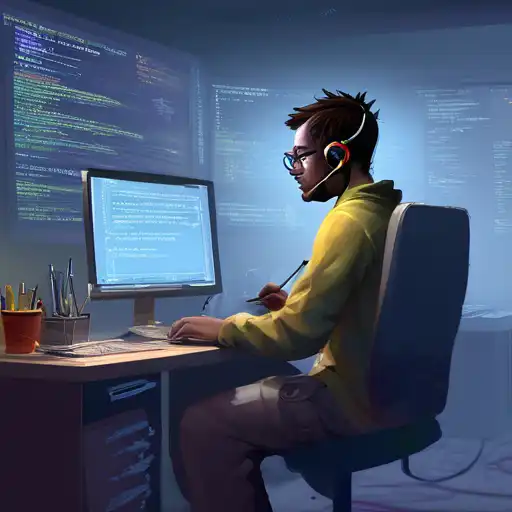Introduction to Debugging for New Programmers
Debugging is an essential skill for any programmer, especially for those just starting out. It involves identifying and resolving errors or bugs in your code that prevent it from running correctly. This article will provide you with essential debugging tips to help you become more efficient and confident in your coding journey.
Understand the Error Messages
One of the first steps in debugging is to understand the error messages your development environment throws at you. These messages are designed to help you pinpoint where the problem lies. Take the time to read them carefully and research any terms or codes you don't understand.
Use a Debugger Tool
Most integrated development environments (IDEs) come with built-in debugger tools. These tools allow you to step through your code line by line, inspect variables, and see the flow of execution. Learning how to use these tools can save you a lot of time and frustration.
Check Your Syntax
A common source of bugs is simple syntax errors. Missing semicolons, unmatched brackets, or typos in variable names can all cause your code to fail. Always double-check your syntax if you're encountering unexpected errors.
Break Down Your Code
If you're dealing with a complex bug, try breaking down your code into smaller, more manageable pieces. Test each piece individually to isolate where the problem is occurring. This approach can make it easier to identify and fix the issue.
Search for Solutions Online
You're not alone in your debugging struggles. Many programmers have faced similar issues and have shared their solutions online. Websites like Stack Overflow can be invaluable resources for finding answers to your debugging questions.
Practice Makes Perfect
Debugging is a skill that improves with practice. The more you code and debug, the better you'll become at identifying and fixing errors quickly. Don't get discouraged by bugs; they're a natural part of the programming process.
Conclusion
Debugging can be challenging, especially for new programmers, but it's also an opportunity to learn and grow. By understanding error messages, using debugger tools, checking your syntax, breaking down your code, searching for solutions online, and practicing regularly, you'll become more proficient at debugging in no time. Remember, every programmer has been where you are now, and with persistence, you'll overcome these challenges too.
For more programming tips, check out our programming tips section.
